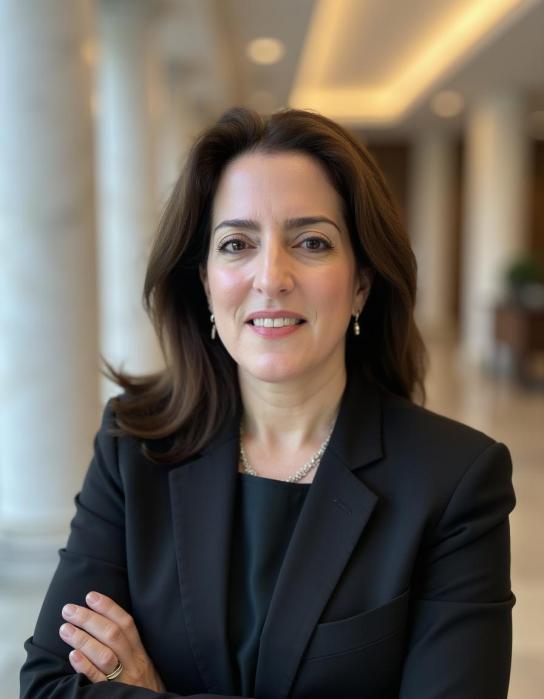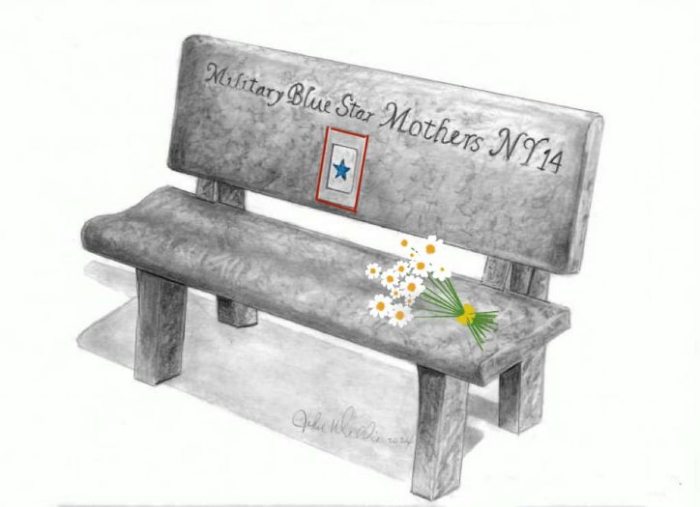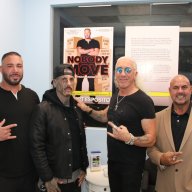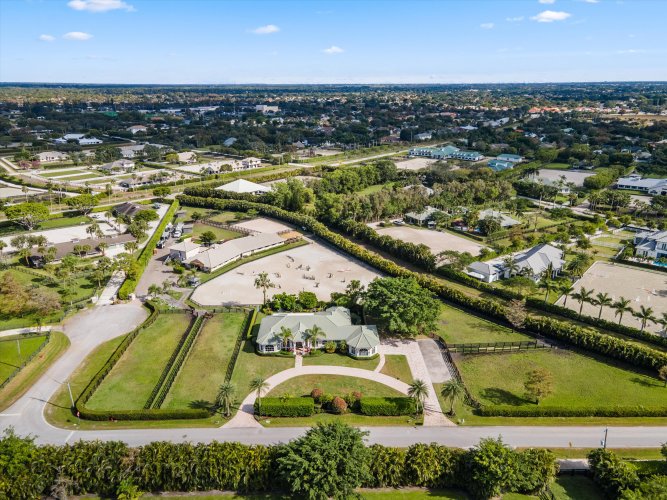 Most people have heard that fasting is part of the Christian 40 days of Lent. But not everyone knows how that tradition got started. As Christianity spread to Europe, many customs of that continent got woven into religious practices. One of the challenges of living through a winter inter Europe was that by the time winter was winding down, there was little food to be had.
Most people have heard that fasting is part of the Christian 40 days of Lent. But not everyone knows how that tradition got started. As Christianity spread to Europe, many customs of that continent got woven into religious practices. One of the challenges of living through a winter inter Europe was that by the time winter was winding down, there was little food to be had.
There were preserving methods such as pickling (there was a LOT of sauerkraut to be had) and dried meats and there were root vegetables that wintered over. But for the most part the pantries were getting bare.
If any one person or family ate everything that they had, unless they got help from their neighbors, they would starve. And even if they didn’t die from hunger, diseases easily spread through a neighborhood of malnourished people –the elderly and children were especially susceptible.
But if communities deliberately cut back on their food consumption and saved and shared food then there was some hope for a better survival rate. Thus when Christians suggested the practice of fasting it was more an act of charity than an act of faith.
The same was true with meat consumption. If you only had a lamb or two left at the end of winter, it was wise not to butcher them – if you did, there’d be no future flock in the spring, But if one abstained from meat, you had hope for a springtime increase in the flock. Fish? No problem there – they were plentiful even if it involved ice fishing in some places. But coastal communities survived quite well.
So if the original purpose of fasting and abstaining was the betterment of a community, might there be some wisdom to be had when considering what to fast from these days?
Pope Francis points out that fasting in itself, without connecting it to charity is empty. So when I give up a favorite food, I ought give the money I would have spent on that food to some charity. But fasting is not merely about food.
“It is the time to turn off the television and open the Bible. It is the time to disconnect from your cell phone and connect to the Gospel,” the pope said.
“We live in an environment polluted by too much verbal violence, by many offensive and harmful words, which the internet amplifies,” he explained.
“We are inundated with empty words, with advertisements, with subtle messages. We have become used to hearing everything about everyone and we risk slipping into a worldliness that atrophies our hearts.”
In this noise, “we struggle to distinguish the voice of the Lord who speaks to us, the voice of conscience, of good,” the pope said. “Lent is a time to give up useless words, gossip, rumors, tittle-tattle and speak to God on a first name basis,” he said.
So this Lent it is good practice to slow down and consider what we could fast from that would benefit our community.































